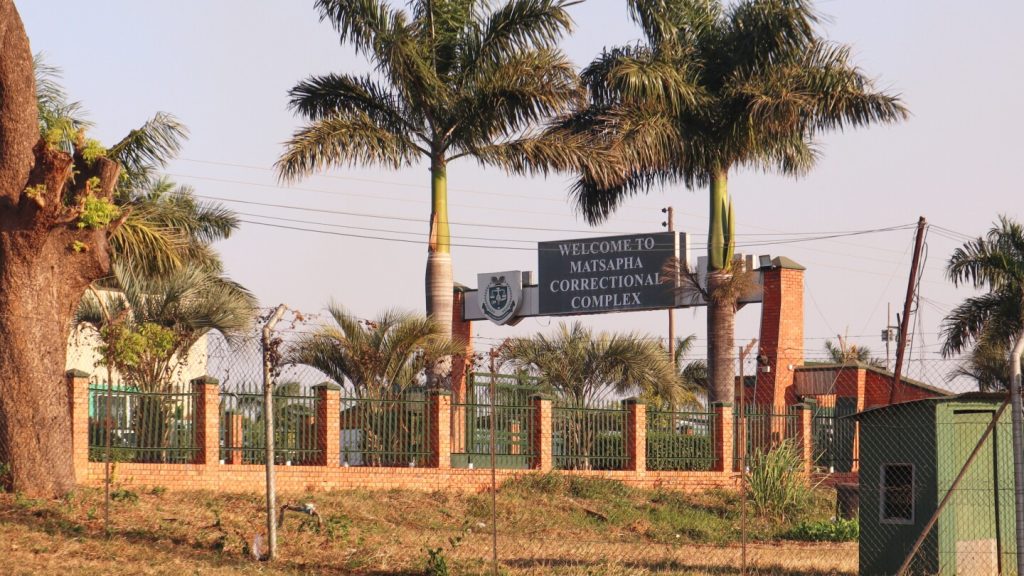CAPE TOWN, South Africa (AP) — Five immigrants deported by the United States to Eswatini, a small southern African nation, are currently imprisoned. A government spokesperson disclosed that they will be kept in solitary confinement for an unspecified duration.
Thabile Mdluli, the spokesperson, refrained from disclosing the specific correctional facilities housing the men, citing security issues. Eswatini intends to eventually repatriate them with assistance from a United Nations agency, as stated by Mdluli in messages to The Associated Press on Thursday.
The deported individuals, who the U.S. authorities claim were convicted of severe crimes while unlawfully residing in the country, hail from Vietnam, Jamaica, Cuba, Yemen, and Laos. Their criminal records include serious offenses like murder and child rape, described by the U.S. Department of Homeland Security as “uniquely barbaric.”
The announcement of their deportation by Homeland Security on Tuesday signifies the continuation of President Trump’s policy of sending deportees to third countries without prior links, following a period of legal challenges in the United States.
A New Destination for Deportees
Eswatini, home to 1.2 million residents and bordering South Africa, is the latest country to accept U.S. deportees. The Trump administration has previously sent hundreds of individuals, including Venezuelans, to countries like Costa Rica, El Salvador, and Panama, as well as recently deporting eight men to South Sudan.
The deportees in South Sudan were held for weeks in converted shipping containers at a military base in Djibouti until a Supreme Court ruling permitted their transfer. The U.S. also categorized them as violent offenders.
The Uncertain Future
The Eswatini government has confirmed that the deportees are currently in custody after arriving on a deportation flight from the U.S. They are reportedly being detained at the Matsapha Correctional Complex near Mbabane, the country’s administrative capital.
According to Eswatini’s statements, the men are “in transit” and will eventually be sent back to their home countries with the aid of the U.N. migration agency. However, there has been no clarity on the process or timeline for their repatriation.
There is ambiguity regarding how relocating the men to Eswatini facilitates their eventual deportation home, especially since four of their nations of origin have historically resisted taking back their deported citizens. Homeland Security’s assistant secretary expressed satisfaction that the men are no longer in the U.S.
A Confidential Arrangement
Details regarding Eswatini’s agreement to accept the deportees remain undisclosed, with Mdluli noting that “the terms of the agreement between the U.S. and Eswatini remain classified.” The arrangement followed months of discussions between the two governments, paralleling agreements made with South Sudan, which have also been shrouded in secrecy.
Analysts suggest that African nations may be open to accepting deportees from the U.S. to enhance relations with the Trump administration, particularly as it has reduced foreign aid and threatened trade tariffs against poorer nations.
Rights organizations have expressed concerns over the choice of countries for deportations, as both South Sudan and Eswatini have faced criticism for their oppressive regimes. Notably, Eswatini stands as Africa’s sole absolute monarchy, where the king maintains authority over the government and issues decrees, with political parties banned and violent crackdowns on pro-democracy protests documented in the past.



